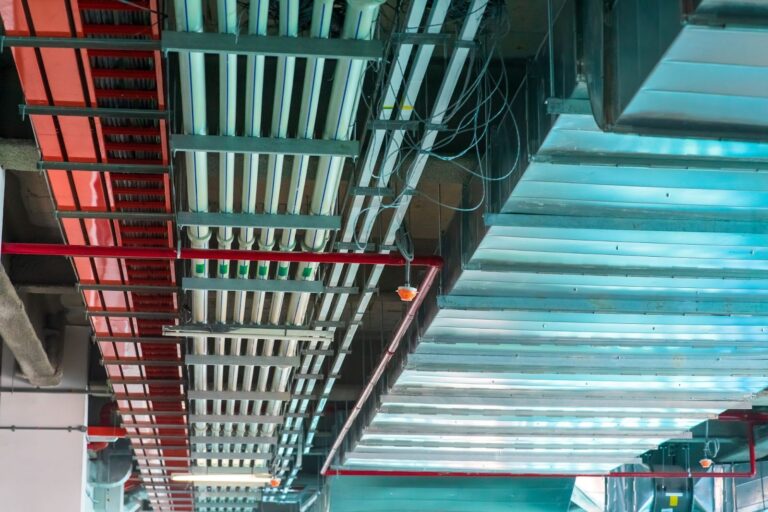Fertilizer Plant Cost: Equipment, Raw Materials & ROI Calculation (2025 Guide)
Starting a fertilizer plant—especially one focused on an NPK Fertilizer Production Line—can be an incredibly lucrative investment in 2025. With global demand for food and sustainable agriculture on the rise, the need for efficient fertilizer production is stronger than ever. However, understanding the cost breakdown—from equipment and raw materials to ROI projections—is crucial before launching such a venture.
In this blog post, we’ll walk through the detailed cost structure of setting up a fertilizer plant, highlight the equipment needed (including where Cementl fits into the picture), and show how to calculate potential returns to ensure long-term profitability.
Why Invest in an NPK Fertilizer Production Line?
NPK fertilizers—blends of Nitrogen (N), Phosphorus (P), and Potassium (K)—are essential to modern agriculture. By producing these nutrient-rich fertilizers, companies not only contribute to global food security but also tap into a market projected to grow steadily over the next decade.
Whether you’re considering a small-scale setup or a mid-sized commercial facility, an NPK Fertilizer Production Line can deliver both ecological impact and financial gain.
Fertilizer Plant Cost Components (2025 Breakdown)
Let’s explore the primary cost categories involved in launching a fertilizer production facility:
1. Capital Expenditure (CapEx)
a) Plant Design & Engineering
Custom layout planning, machinery integration, and compliance documentation may cost between $20,000 and $50,000, depending on plant scale.
b) Equipment Costs
This includes:
- Batching systems
- Mixers
- Crushers and pulverizers
- Granulators (Rotary Drum or Disc Granulator)
- Dryers and coolers
- Screening machines
- Packing machines
A fully-equipped NPK Fertilizer Production Line can range from $80,000 to $300,000, depending on output capacity and level of automation. Cementl offers tailored solutions for every scale, ensuring both durability and energy efficiency.
c) Construction and Installation
Site preparation, foundation laying, and machine installation can cost an additional $50,000 to $100,000.
2. Raw Material Costs
The core ingredients for an NPK fertilizer blend include:
- Urea (Nitrogen source)
- Monoammonium phosphate (Phosphorus source)
- Potassium chloride (Potassium source)
- Binders and fillers
Monthly raw material expenses vary depending on output volume, but for a 10,000 tons/year facility, expect a budget of $25,000 to $40,000/month.
3. Operational Expenditure (OpEx)
a) Energy Consumption
Fertilizer production—especially granulation and drying—is energy-intensive. Using Cementl’s modern systems like energy-saving granulators and dryers can cut power use by up to 30%.
b) Labor
Hiring skilled operators, plant managers, and maintenance technicians is vital. Monthly labor costs typically range from $10,000 to $30,000 depending on plant size and location.
c) Maintenance
Routine servicing and part replacements (e.g., granulator blades, mixers) cost around $3,000 to $7,000/month.
Sample ROI Calculation: Is It Worth It?
Let’s look at a basic ROI model for a mid-sized fertilizer plant:
| Metric | Estimate |
| Total Setup Cost | $200,000 |
| Annual Production | 10,000 tons |
| Selling Price/Ton | $100–$130 |
| Annual Revenue | $1,000,000–$1,300,000 |
| Annual Operating Costs | $700,000 |
| Net Profit | $300,000–$600,000 |
| ROI Period | ~1 year |
This projection shows that a well-run NPK Fertilizer Production Line can pay back initial investments within the first 12–18 months, making it a smart and scalable investment in 2025.
Choosing the Right Equipment: Why Cementl Leads
Cementl offers a full suite of fertilizer production machinery, known for:
- Modular design (easy scalability)
- Durable build quality
- Low power consumption
- Expert technical support
From granulators and mixers to complete NPK Fertilizer Production Line solutions, Cementl provides equipment that minimizes downtime and maximizes profitability.
Key Cost-Saving Tips for New Fertilizer Plants
- Automate Where Possible
Modern automation reduces labor needs and ensures consistent output. - Use Energy-Efficient Equipment
Cementl’s energy-efficient systems reduce monthly utility bills significantly. - Buy in Bulk
Purchasing raw materials in bulk locks in better rates and reduces per-ton cost. - Plan Layout Smartly
A compact, efficient layout reduces material handling time and operational waste. - Invest in Training
Well-trained staff reduce errors, lower maintenance, and extend equipment life.
Final Thoughts: Smart Spending for Long-Term Gain
While setting up a fertilizer plant involves significant upfront costs, the potential returns make it a sound investment—especially if powered by reliable equipment and a well-planned operation.
Cementl stands out in the 2025 fertilizer equipment market by offering high-performance machinery that balances affordability, durability, and efficiency. Whether you’re planning a small facility or a full-scale NPK Fertilizer Production Line, Cementl ensures you start strong and stay profitable.




